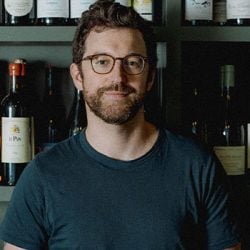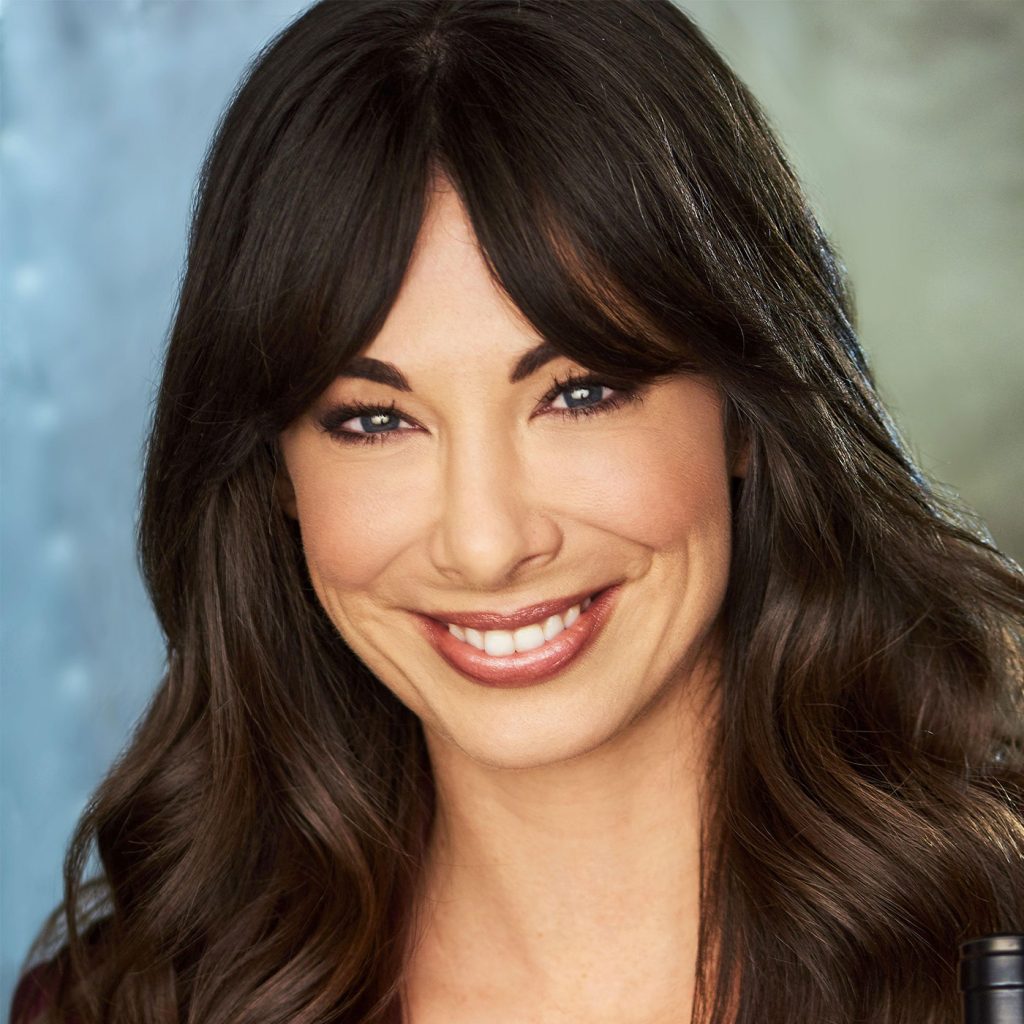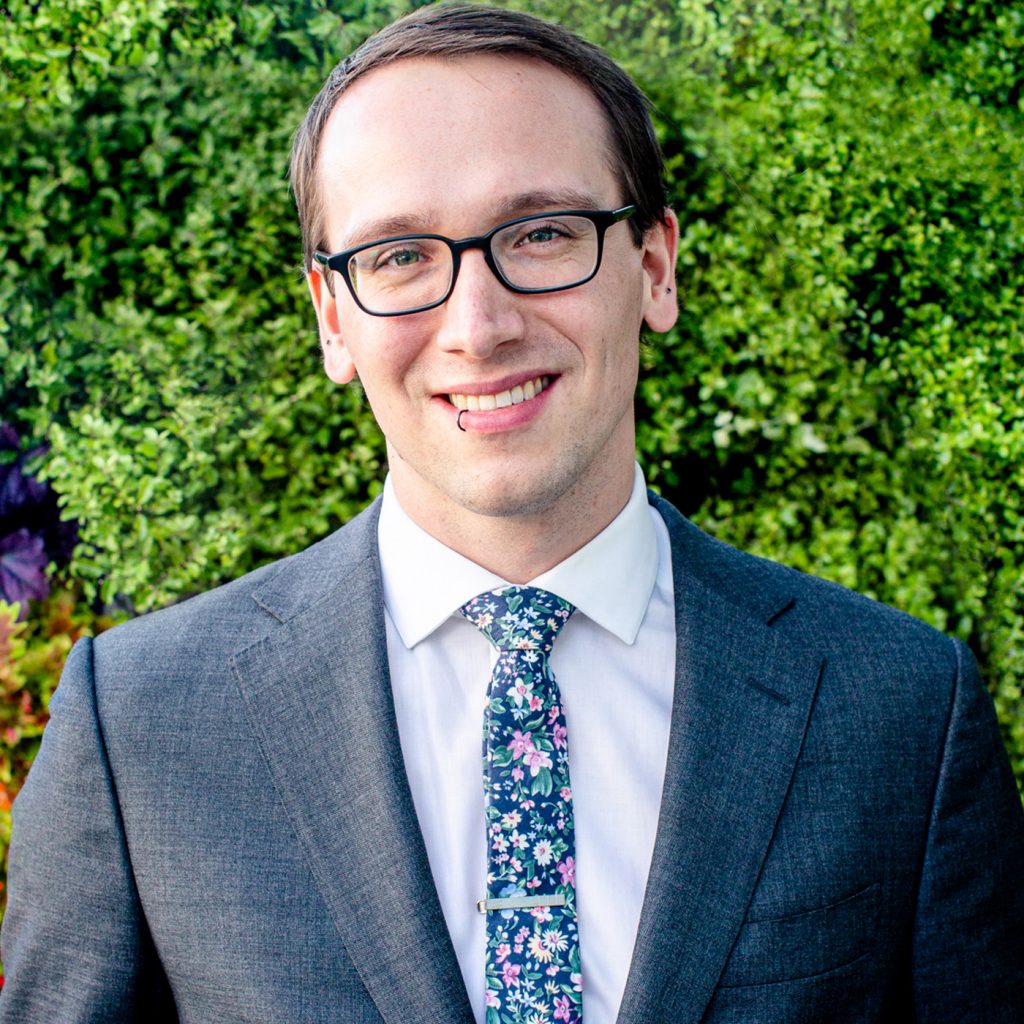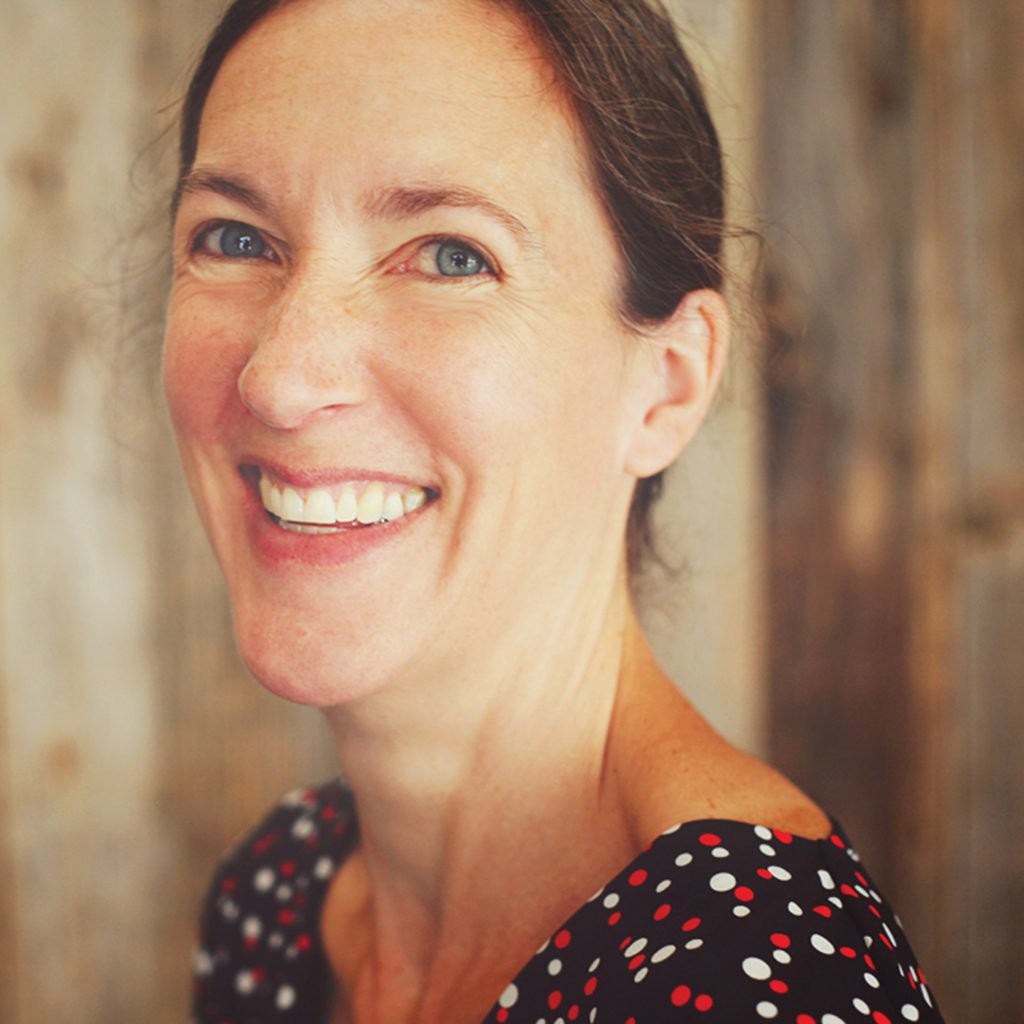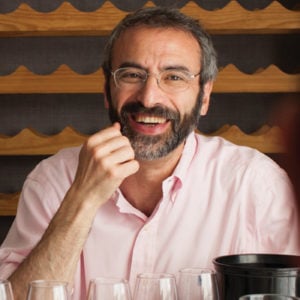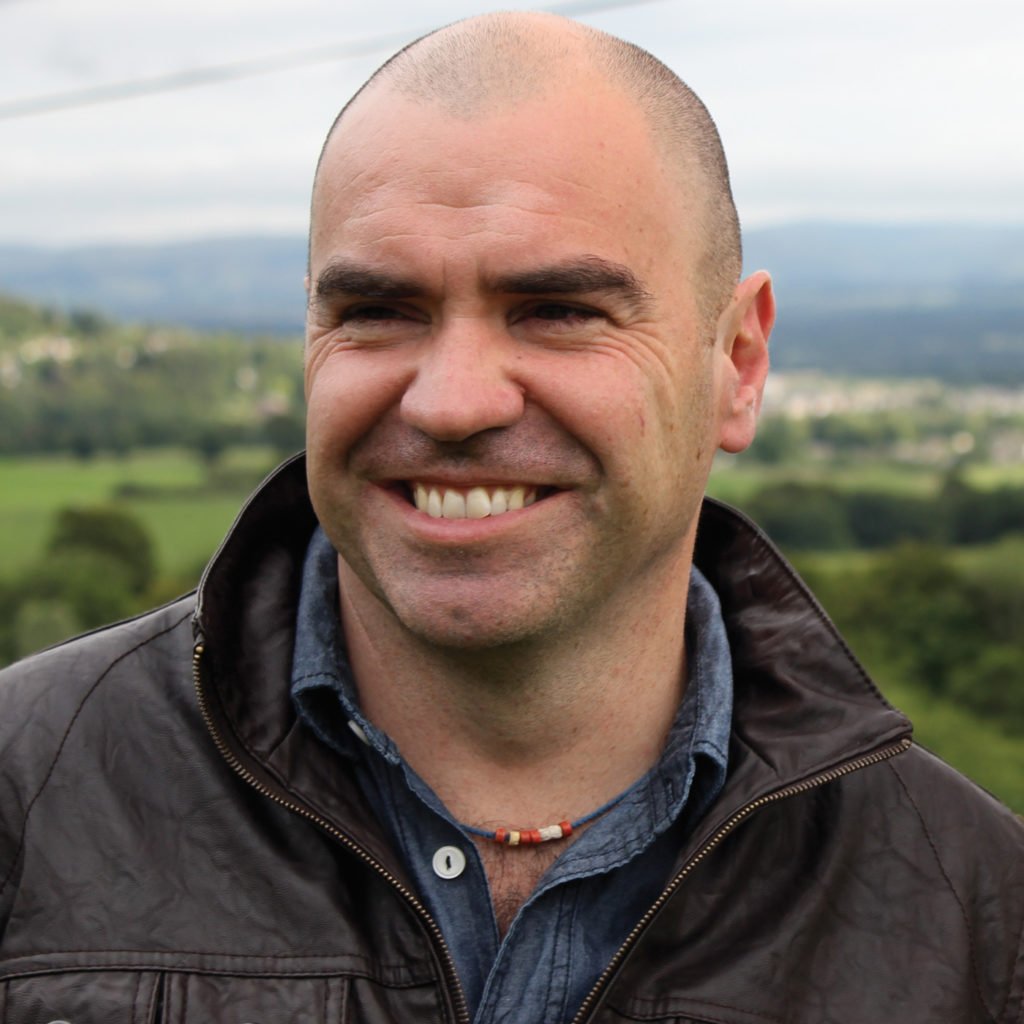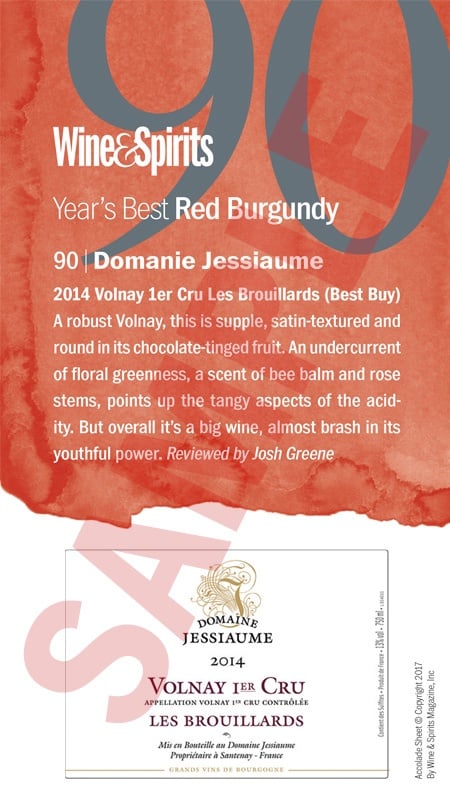New York City’s Libertine flung open its doors in May of 2023 and was filling seats from the get-go with a combination of West Village locals, tourists and city-dwelling Francophiles. Managing partner Cody Pruitt, a wine industry veteran, had had time to test whether patrons would be open to a list composed entirely of “natural” wines during his tenure at the neighboring Anfora before decamping to Libertine. There, he further refined the list into something that was not just “dogmatically” all-natural but also all French.
“The reception has been immediate and open-armed and really gratifying,” says Pruitt. “We designed our wine list to be a gateway to enter into natural wine without it being too funky or whatever other adjective people usually think of.”
Pruitt cites, at least in part, the aftershocks of the pandemic for diners’ acceptance of such a specific perspective. “People these days, especially post-COVID, are looking for more identity in where they go out to eat,” Pruitt submits. “The best restaurants and bars are created by people as places where they would want to be,” rather than a focus-group generated response to market demand. “We don’t need to be something for everyone.”
That said, Pruitt enjoys the challenge of finding a wine for imbibers all along the spectrum of natural wine knowledge. While he loves pulling rare, culty bottles for in-the-know oenophiles, nothing gives him greater joy than converting a classicist who associates natural wine with funk and flaws. “They might be a very traditional Burgundy drinker for example, and we open up a bottle of Meursault from Le Grappin and they love it. They almost fight me, later on, saying, ‘That’s not natural! It doesn’t taste natural.’ And then I have to say, ‘Well, natural’s not a flavor, natural’s farming.’” —Lauren Gitlin
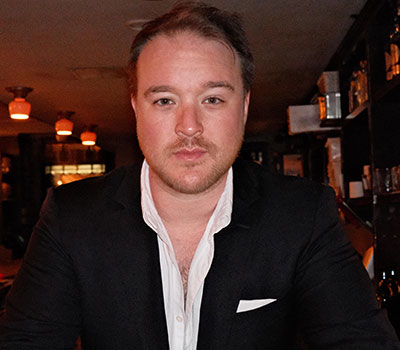

What was your first job in the wine business?
I was a server at a little NYU bar restaurant adjacent to the East Village when I was 18. I worked in music throughout high school and I was fairly successful in that, and then downloading kind of kicked my butt and I pivoted while I was in a pretty hardcore music program at NYU and needed to make cash. I ended up studying wine shortly thereafter and then moving more into fine dining and then hotels and then essentially every myriad restaurant job you can think of.
There has to be some affinity between musicians and wine because there are so many people in the wine business that either were or still are musicians.
Yeah, I think music is telling a story and is so varied in presentation and backgrounds and who creates it, and also I think music tends to attract slightly nerdier people, at least on my side of the music industry, which was more studio-based, a lot of equipment and collecting stuff and collecting guitar pedals or guitars or microphones. With wine, as much as I don’t like to think of it as a commodity, it is something that people love collecting—either physical bottles or experiences through wine.
What was the most exciting bottle that you sold this year?
Prieuré Roch Nuits Saint George, 2019. That was a pretty spectacular bottle, and we sold it to a very important person who… I can’t say who it is.
Are there any other beverage categories impacting the sale of wine in the restaurant?
We have a full bar. We sell a lot of martinis. But in terms of affecting the sale of wine, I think there’s more people who would be going for wine but have been converted to large-format ciders or certain beers. A lot of people who bought wine from me at Anfora come in and now they drink Cantillon at Libertine, which I think is really cool because I think Cantillon and duck is sick. And we sell a lot of duck.
Obviously, you have a very strong perspective and you are not watering anything down or trying to provide a catch-all wine list for all palates. At the same time, it sounds like there is some element of wanting to educate people who might not be familiar with natural wine. How do you balance that with having a deep list that might be a little bit more challenging to the average person?
It’s a fine line between appeasing people and pleasing them. I like throwing around the term to our staff, “accidentally educational.” We never want to be preaching anything. We don’t want to have a visible soapbox when we’re talking about wine because wine is delicious and amazing and it’s intrinsically agricultural and, thus, a human product.
I wonder how much of peoples’ openness to trying more idiosyncratic wines has to do with the demographic changing, the people that have disposable income that allows them to really treat themselves and dine out. It’s skewing younger and there’s a different approach—ascribing value to someone’s identity and someone’s perspective, seeking out a sort of chef-driven restaurant versus just having a “fine-dining” experience.
Definitely. There is an immense change in terms of the weight that people are putting on identity and story. Instead of focusing on tasting notes, which I’ve always found kind of heavy-handed, or selling through suggestion, I want to talk about, “Oh, this winemaker has this one-eyed dog, and so the dog always runs to the left side of the field so there’s no geese on the left side, so there’s a lot less natural fertilizer on the right side.” You can be as apocryphal or as creative and colorful a storyteller as you want to be.
Lauren Gitlin is an erstwhile wine professional, sometimes writer and full-time goat farmer. She makes skyr and hugs ruminants on Villa Villekulla Farm in the Delectable Mountains of Vermont, where she lives with her husband.
This is a W&S web exclusive. Get access to all of our feature stories by signing up today.



